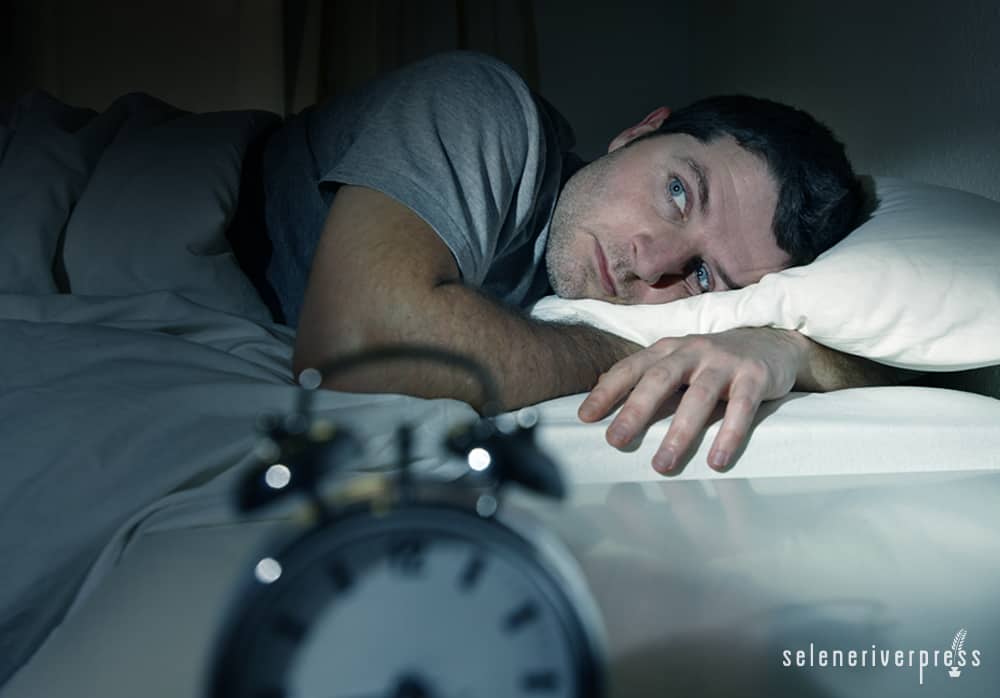You can find information on the importance of good nutrition from one end of the internet to the other. But did you know that what you consume can also have a direct effect on how well you sleep at night?
The Importance of Sleep
There’s no denying that a good night’s sleep is as important to our overall well being as what we choose to eat. If you’re the type who burns the candle at both ends, you risk developing some serious sleep disorders. And if you consume too many calories, you put yourself at greater risk of shorter sleep durations.
Sleeping well rejuvenates our bodies as well as our minds, and experts agree that getting enough sleep helps us function at our best. We have a better handle on our emotions, and what we learn has a better chance of staying put in our brains.
Common Sleep Disorders
Insomnia and sleep apnea are two major sleep disorders that can result from a lack of good nutrition. Insomnia is characterized by the inability to fall or stay asleep, while sleep apnea is defined by pauses in breathing throughout the night. Those who suffer from sleep apnea may not even be aware of the gaps in their breath, and they’re likely to snore a great deal.
The Role of Nutrition
How is bad nutrition related to these debilitating disorders? The quality of your sleep could be affected by the kind of foods you’re eating, how much you’re eating, or even what time you’re eating. But there are many other factors that can play a role in how your eating habits affect your sleeping patterns. Here at the Sleep Judge and Selene River Press, we’re dedicated to educating our readers on the principles of a healthy diet and helping them separate food facts from food myths.
Caffeine
When it comes to certain foods that keep us awake, caffeine is a prime suspect. But did you know that coffee isn’t the only source of caffeine on the market? You can find caffeine hiding in ice cream, chocolate, tea, energy beverages, non-cola sodas, sunflower seeds, and even decaf coffee. That steaming cup of coffee may seem like the perfect answer to a drowsy morning, but do you find yourself consuming more than two or four cups a day? Before you go to bed, do you indulge in a little chocolate or a scoop of ice cream?
These aren’t great choices if you’re unable to sleep through the night. If you have a sleep disorder, consuming excessive caffeine will only move you in the wrong direction. Try to cut this drug out of your life—or at least limit your caffeine intake to before 3pm.
Sugar
Here’s another food that helps perk you up but in the long run will negatively impact your sleep. Sugar rushes and crashes are a real thing. When we’ve eaten some sugar, we feel up. But once it’s gone, we suddenly feel tired and want to nap. While this may seem like a great way to get to sleep at night, there’s a problem, and it’s different from the one we find with caffeine
Sugar adds calories to your diet. If you consume sugar before bed just to get to sleep, you’ll soon find that your pants are getting a bit tighter around the waist. For some people, this can slowly lead to weight gain and even obesity, which is associated with sleep apnea. (While I’m not stating that all people with larger waists are obese, there is a fine line between being overweight and seriously overweight.)
It’s a vicious cycle, weight gain. First it’s ten pounds and then twenty. Before you know it, the scale shows you’re forty pounds heavier than your ideal weight. Of course, not all overweight people become overweight or obese for the same reasons. Hormones, lifestyle choices, and a range of other issues we’re not addressing here can also play a role.
The bottom line is that excess weight can contribute to your inability to sleep throughout the night, and sugar isn’t going to help. This doesn’t only mean candy and sweets either. Any food that can be turned into a sugar (aka carbs) won’t help with sleep. If you must have a snack before bed, eat something small and healthy, such as a handful of nuts and some cheese, which is high in protein.
Don’t Spice It Up
At least not before bedtime. If you suffer from GERD or acid reflux, spicy foods and other acid-inducing snacks aren’t a wise decision. Acid reflux joins the sleep disorders we mentioned earlier as a culprit that can rob you of a great night’s sleep.
Digestive disorders in general can interfere with healthy sleep patterns, so take steps to find a holistic practitioner who can teach you how to address these problems.
Practice All Day
Foods high in protein are a better choice for your meals. Avoiding refined and processed foods in general can help you get the sleep you need. Folks who consume fewer empty calories and more proteins and healthy fats tend to sleep longer. So if you make it a habit to eat healthy during the day, odds are a healthy night’s sleep will follow.
Image from iStock/OcusFocus.


